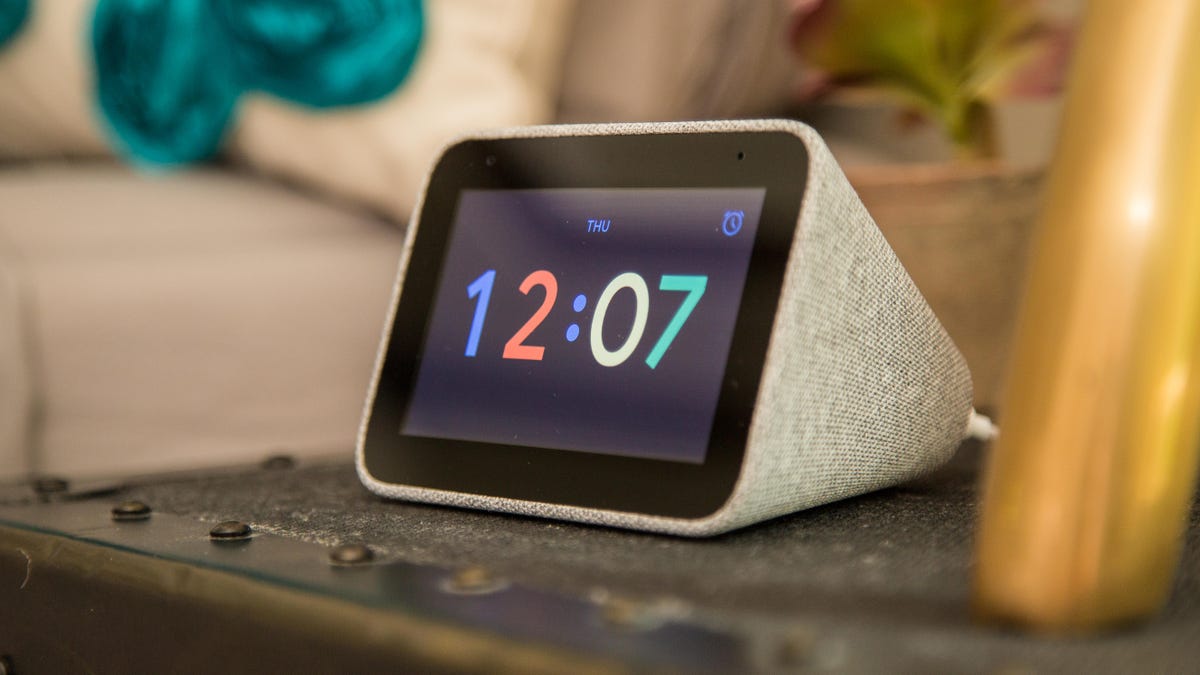Ditch daylight saving time, urges American Academy of Sleep Medicine
Maybe screwing with our circadian rhythms isn't a great idea.

Twice a year most of the US stumbles around in confusion while missing appointments, resetting their clocks and grumbling about daylight saving time. The American Academy of Sleep Medicine thinks we should knock that nonsense off and just stick with standard time year-round.
The AASM released a position statement this week as an accepted paper in the Journal of Clinical Sleep Medicine calling for an end to daylight saving time.
The AASM has some expertise when it comes to how the time change impacts the sleep of those who have to deal with it (you're excused from the table, Arizona and Hawaii). The professional organization represents sleep medicine professionals and accredits sleep medicine facilities.
"Permanent, year-round standard time is the best choice to most closely match our circadian sleep-wake cycle," said lead author M. Adeel Rishi, a sleep specialist with the Mayo Clinic and vice chair of the AASM Public Safety Committee. "Daylight saving time results in more darkness in the morning and more light in the evening, disrupting the body's natural rhythm."
Studies have pointed to health risks connected to daylight saving time and the sleep disruptions it causes. The AASM called out stroke risks, stress reactions and an increase in motor vehicles crashes, particularly in relation to the springtime clock change.
"Because the adoption of permanent standard time would be beneficial for public health and safety, the AASM will be advocating at the federal level for this legislative change," said AASM president Kannan Ramar in a release on Thursday.
Some critics of daylight saving time have suggested it's an outdated concept, originally introduced as a way to extend usable daylight hours and save energy. The US has an on-again, off-again history with the clock change, but most of the country has used it since 1966.
This would be a good time to turn to Twitter hero Randy Zwitch, who offered up a very sane suggestion a few days ago: "If we're being honest, 2020 is the perfect year to get rid of daylight saving time. Just rip the band-aid off while we're all home confused as hell anyway."
If we're being honest, 2020 is the perfect year to get rid of Daylight Saving Time. Just rip the band-aid off while we're all home confused as hell anyway
— Randy Zwitch (@randyzwitch) August 22, 2020

